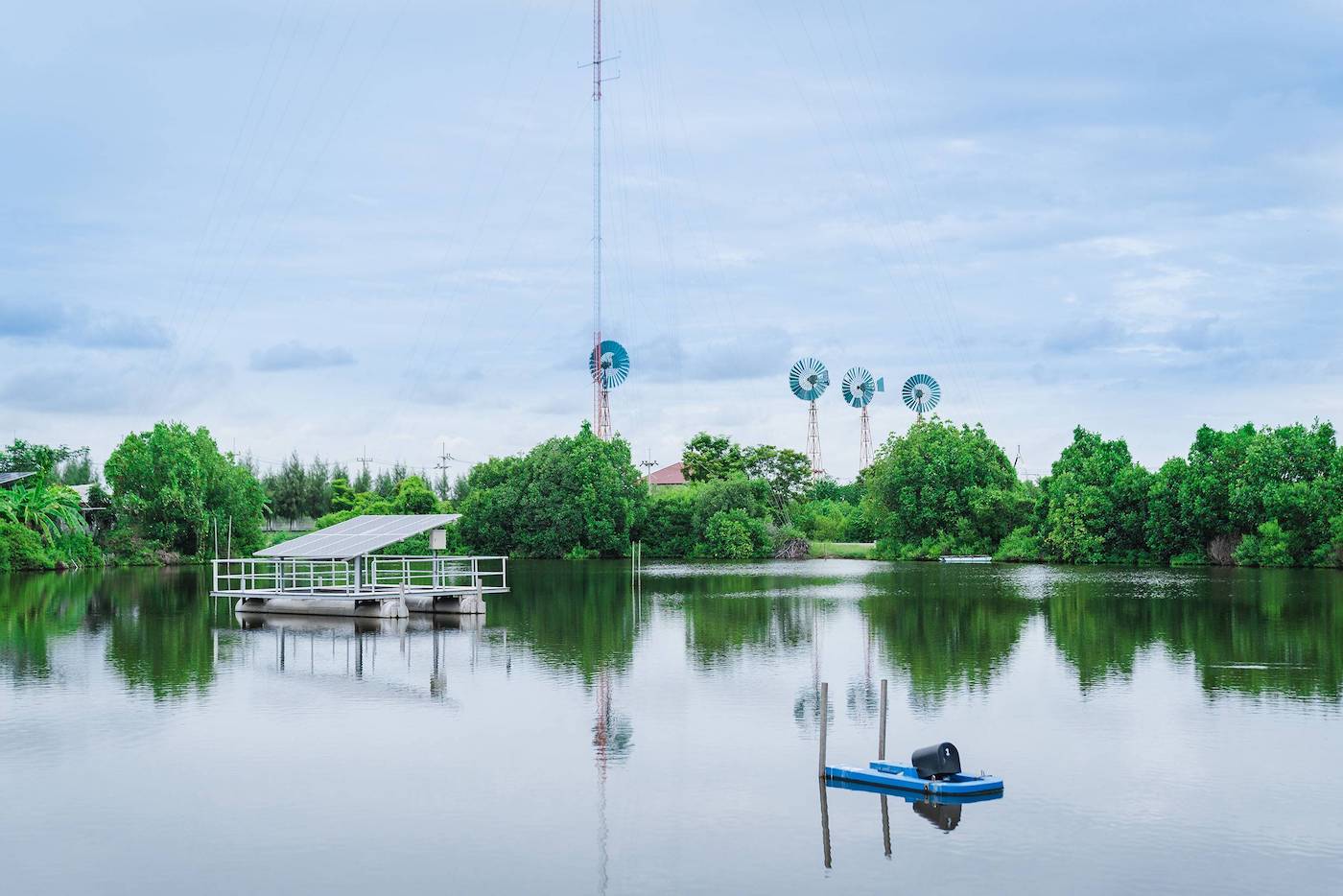
Target: 10% Electrical Energy usage is from renewable sources by 2025
: Installing 2 MW capacity of Solar rooftop are installed
Current Status: In 2025, 1.92% renewable energy usage of total final energy consumption of electric.
: In 2025, 337.12kW capacity of solar rooftop are installed.
KMUTT promote to reduces the amount of fossil fuels used by integrating renewable energy with Metropolitan Electricity Authority for electricity consumption within campus. Using renewable energy not only serve the clean energy usage but also serve as Renewable Energy Learning Center for student, researcher and staff. The following table summarize the energy resource and installed capacity
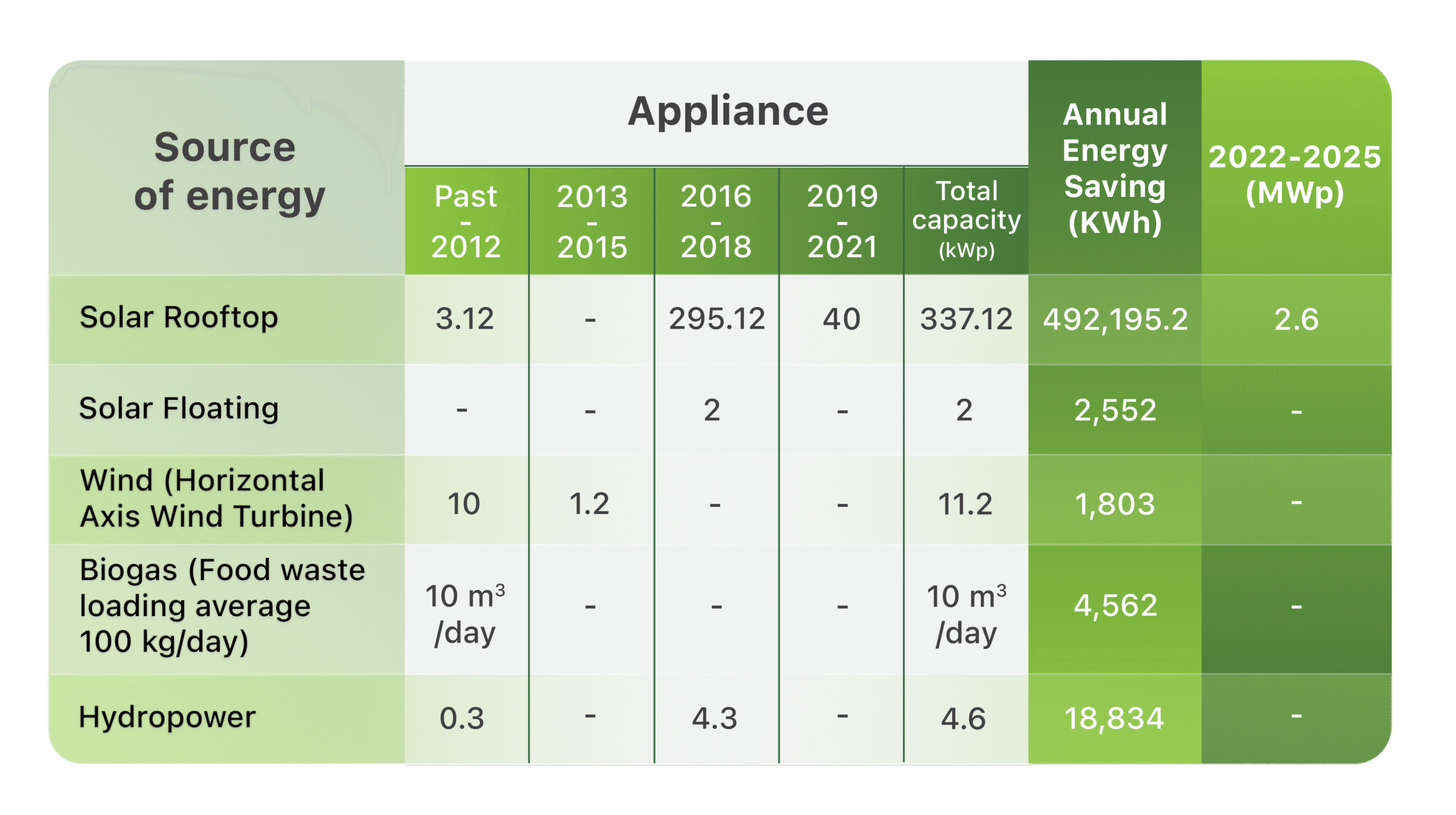
Solar Porwer
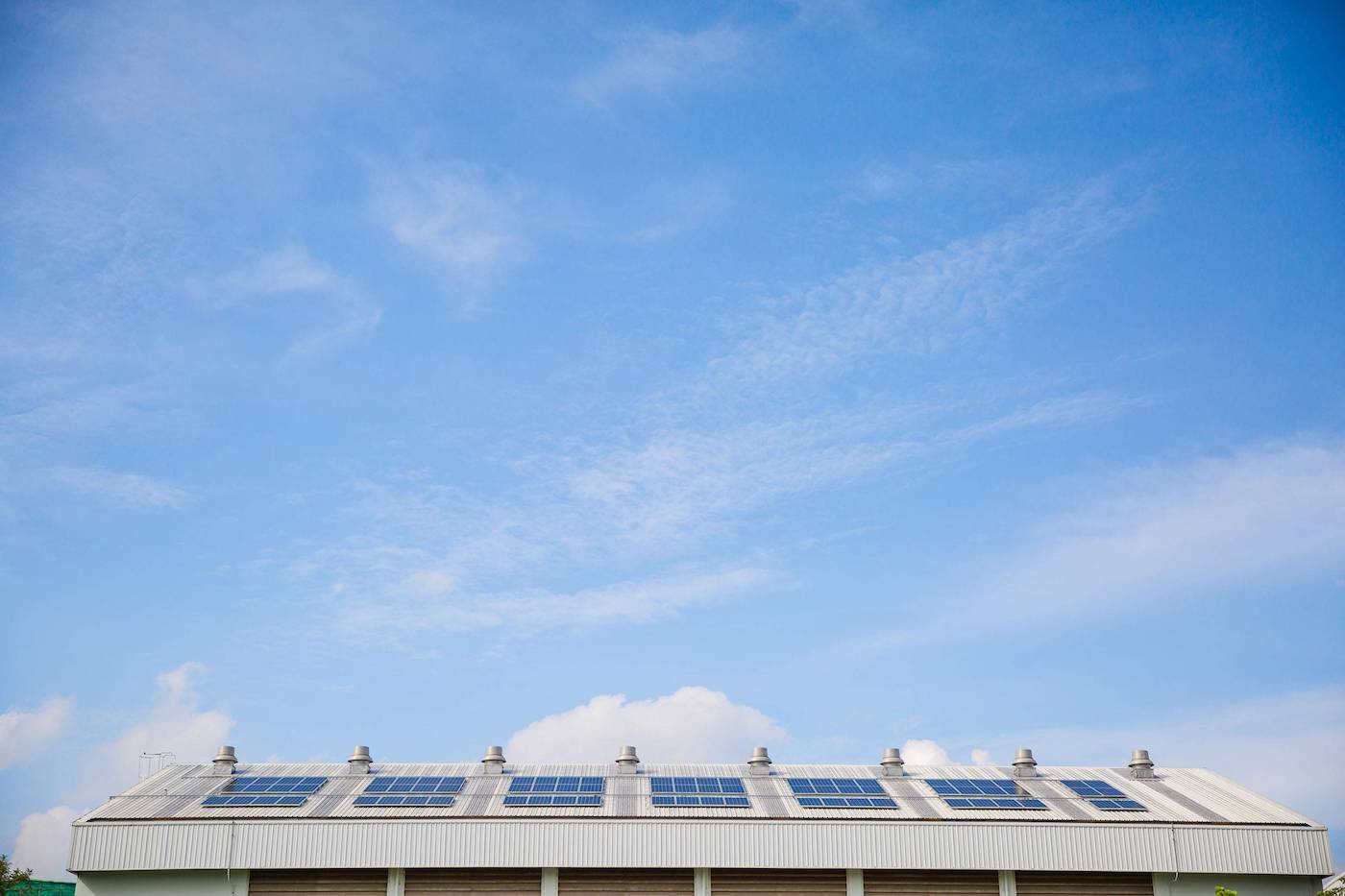
Solar rooftop and solar floating energy in KMUTT campus have the potential growth. At the moment, On-Grid solar rooftop (297.12 kWp) is operated around campus which aim to reduce electricity usage from MEA during peak demand. At the earliest in 2020 university will start to install rooftop solar panels, especially at all building of KMUTT’s Bangmod campus and Bangkhuntien campus, which will conduct its planned to expand the installed capacity up to 2.6 MWp or 5 percentage of total electricity consumption.
15 sets of solar cell have been installed in KMUTT including
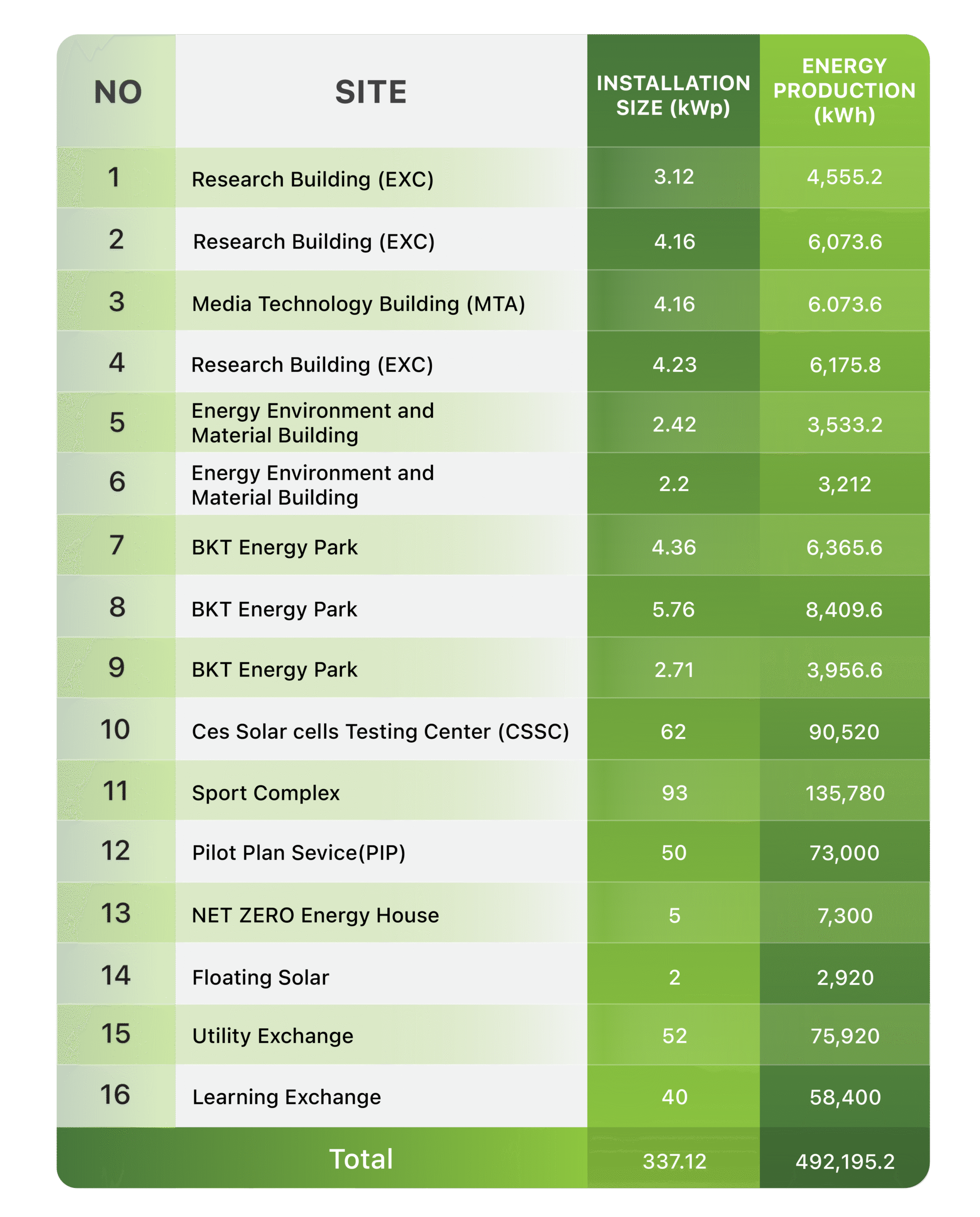
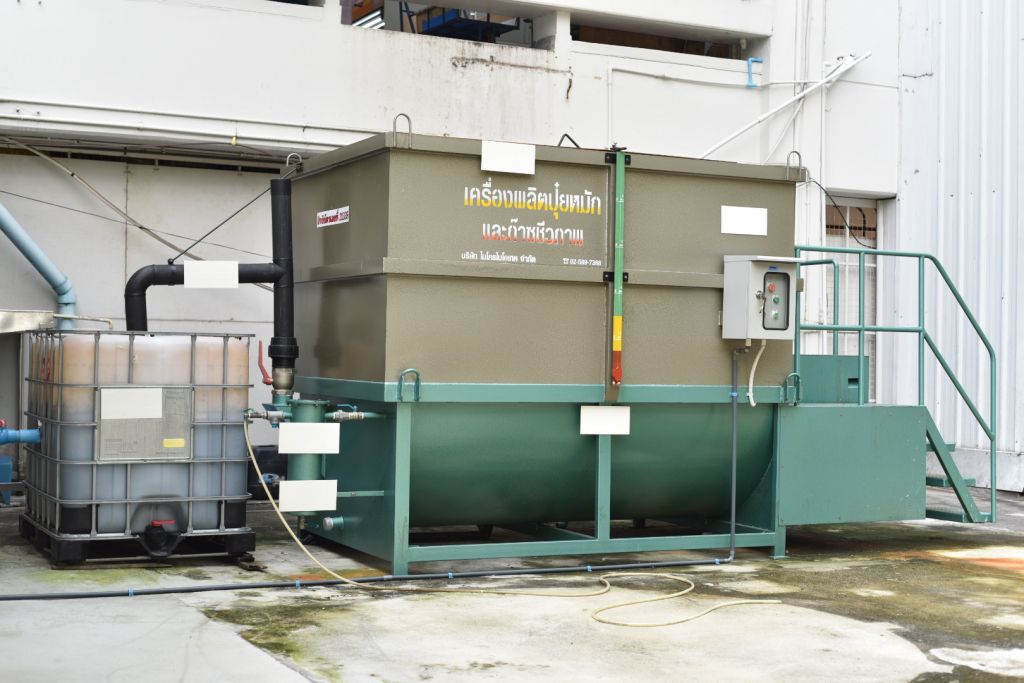
Biogas
Biogas is an aerobic digestion process where food wastes from KMUTT’s food center are broken down by micro-organisms inside a digester tank with absence of air . At the process, biogas is produced at 18 m3 per day. This methane-rich gas (biogas) is used to boil water for cooking and cleaning at cafeteria. Replace Liquefied petroleum gas with biogas helps cut fossil fuel usage (LPG) more than 9.1% and reduce greenhouse gas emissions within campus up to 4,970 kgCO2. In addition, remaining material (digestate) with rich in nutrients is used as a fertilizer using within campus.
Wind Power
Wind turbines convert the kinetic energy from the wind into mechanical power through blade. After that, this mechanical power would convert into electricity. At KMUTT Bangkhuntien campus, more than 4 Horizontal Axis Wind Turbines are install with installed capacity at 11.2 kWp. As a result, wind turbines help to reduce Greenhouse gas emission up to 1,027.71 kgCO2
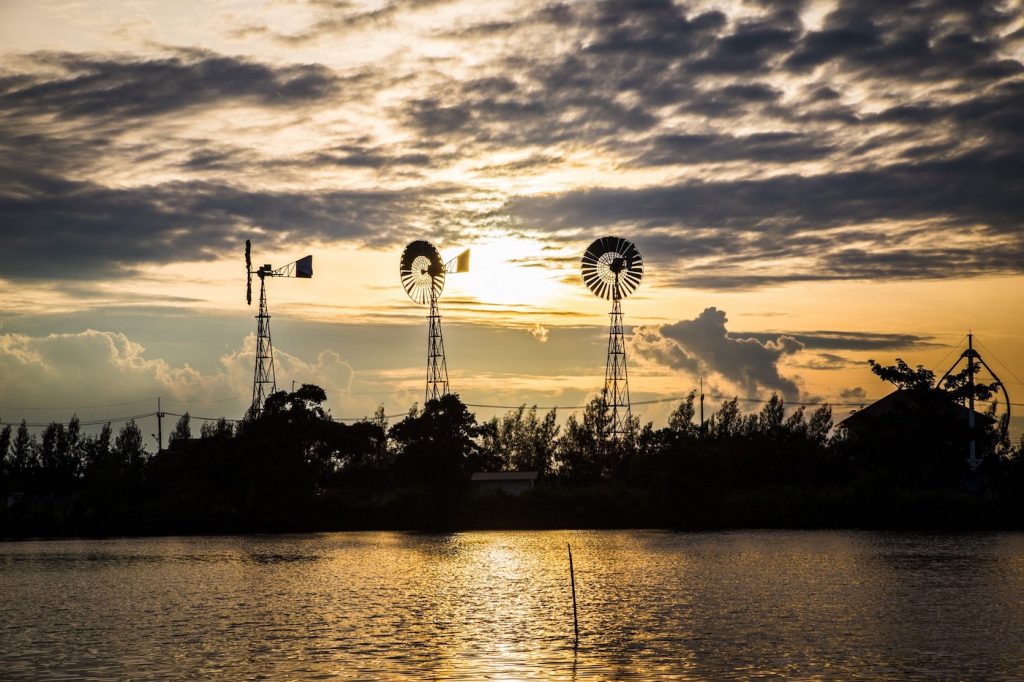
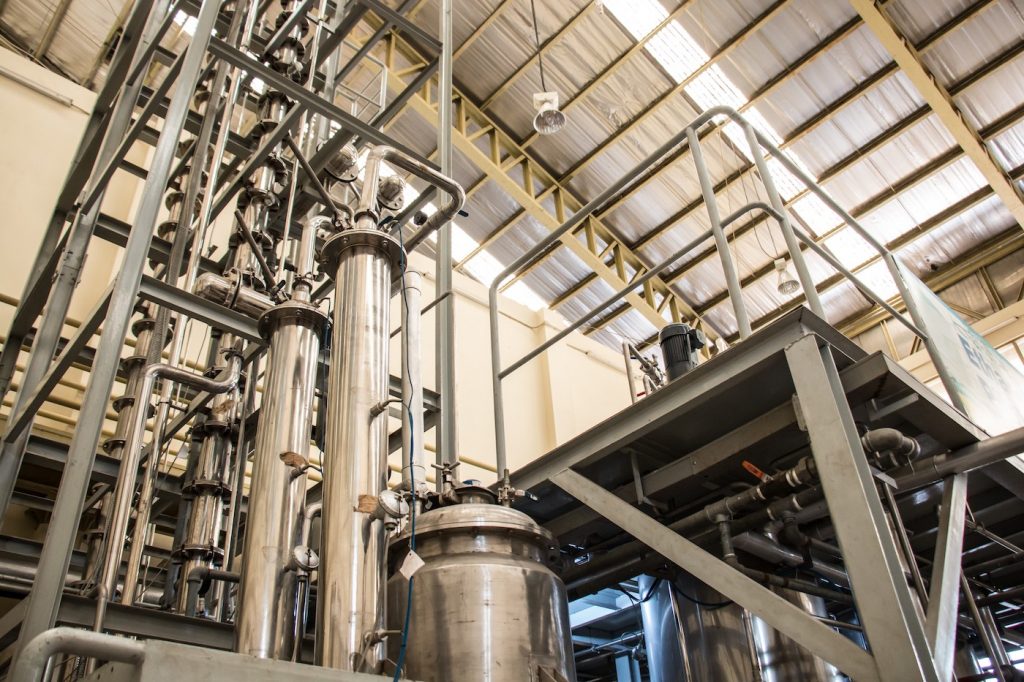
Bioethanol Pilot plant
King Mongkut’s University of Technology Thonburi (KMUTT) was implemented energy conservation policy, which promote renewable energy in our campus 5% of energy usage by the year 2020. KMUTT has been developed Bioethanol Pilot Plant which use agricultural waste such as sugar cane, cane molasses and cassava as raw materials for bioethanol production.The Bioethanol pilot plant has been operated since 2010 with 200 Liters of 99.99 %ethanol yield per batch. Bioethanol products from Bioethanol Pilot plant can be used as fuel for Clean Energy Van/Bus such as ED-95 bus/Shutter bus/Van of KMUTT. Bioethanol Pilot plant is not only the scale up facility for Biofuel production in our university, but also it is now acting as the learning space and demonstration site for students, staff to learn more on renewable energy production in KMUTT which help to promote green and clean technology in Thailand.
Hydropower
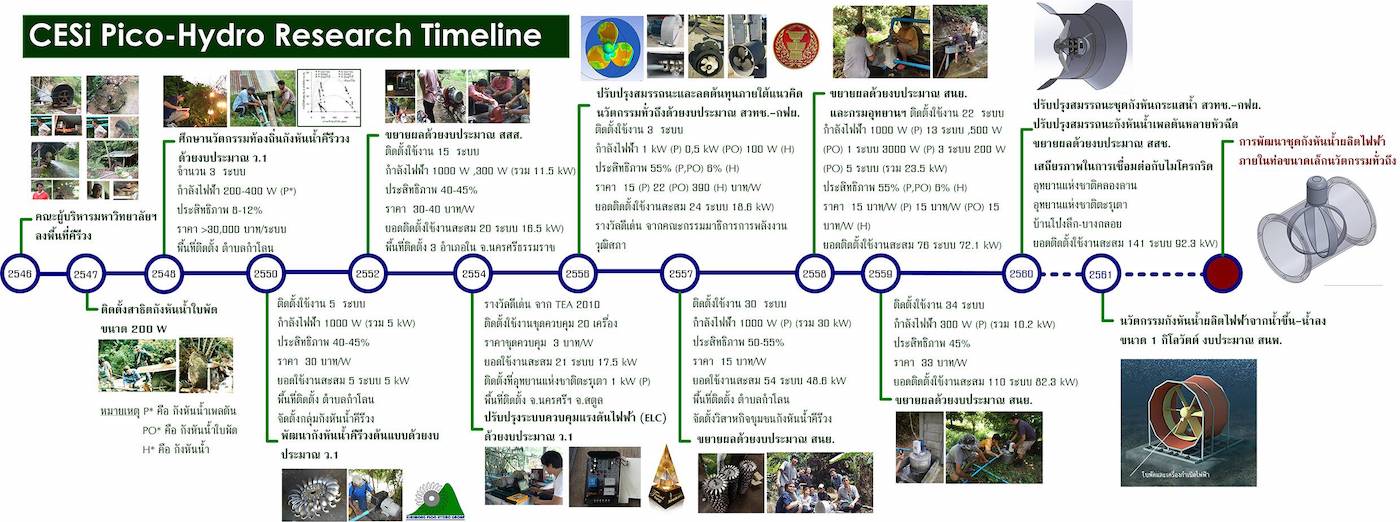
A conversion of energy from flowing water into electricity. At KMUTT Bangkhuntien campus, hydro turbine is installed at 4.6 kWp with annual energy saving at 18,834 KWh/year Most of research and feasibility study of small scale hydro turbine and hydropower usage are located at this campus. Furthermore, more than twenty hydro turbine are install in remote rural area around Thailand where they cannot access to electricity.

